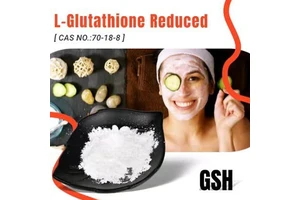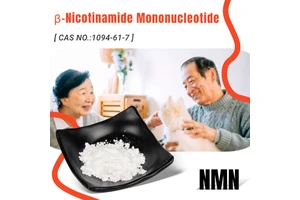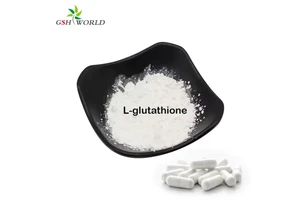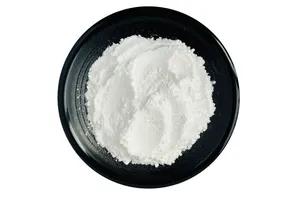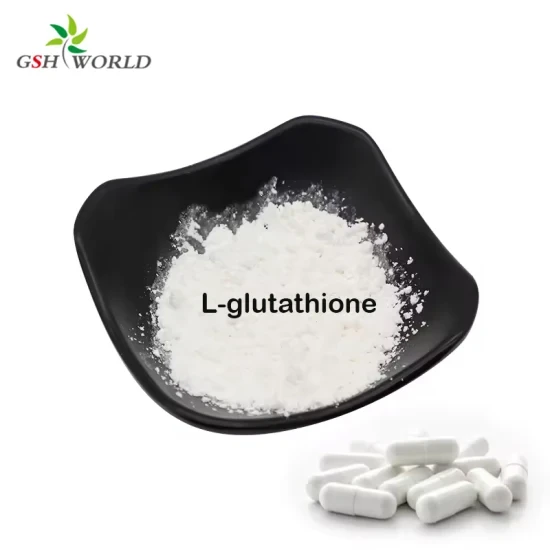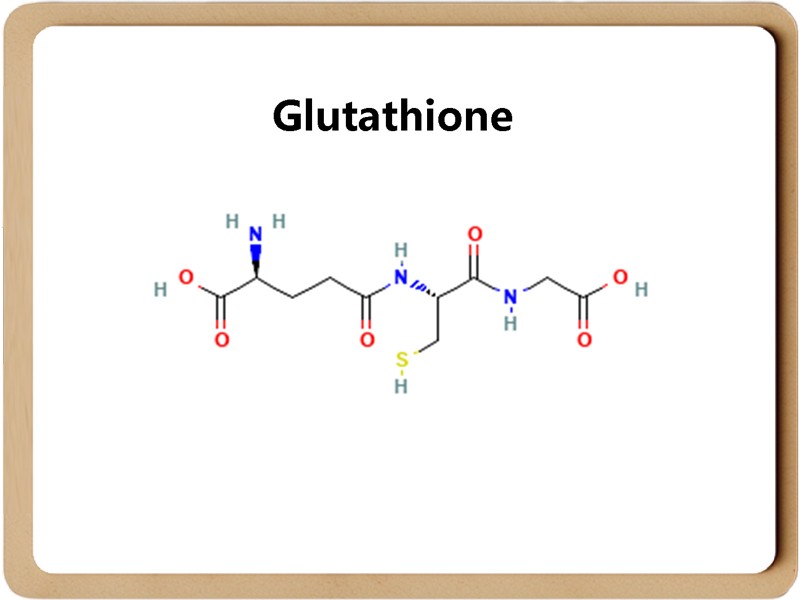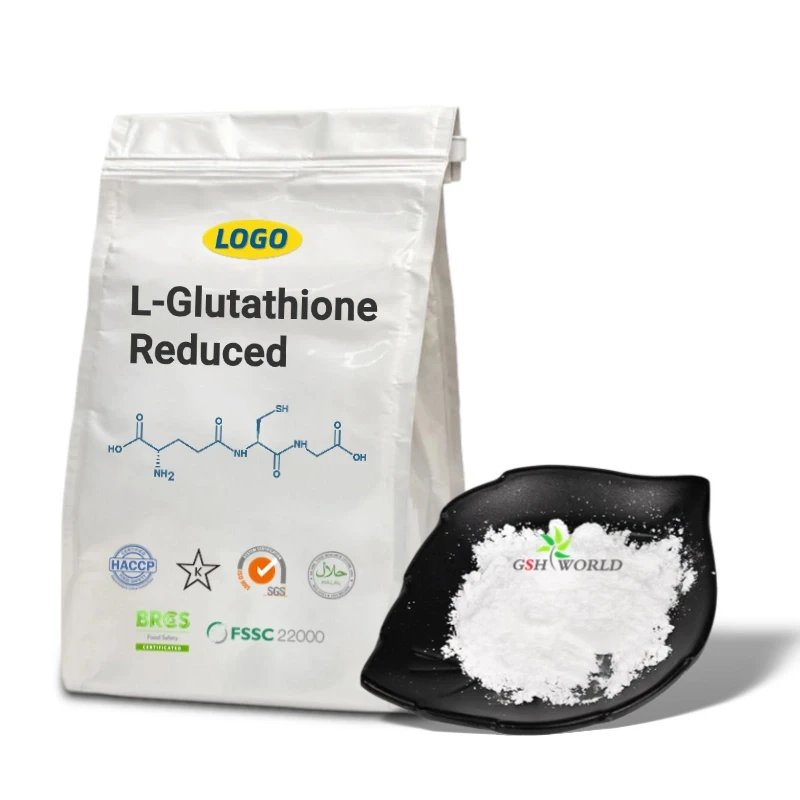Glutathione is guardian of liver and an antioxidant in body
The liver is the core organ for metabolism and detoxification in the human body, and Glutathione, as the "king of antioxidants", plays an irreplaceable role in liver health.
Glutathione (GSH) is a tripeptide containing a γ -amide bond and a thiol group, composed of glutamic acid, cysteine and glycine. It is widely distributed in the cells of mammals, plants and microorganisms and is the most important and abundant low-molecular-weight peptide containing thiol groups.
content of glutathione in human body

Glutathione can help maintain normal immune system function and has antioxidant and integrated detoxification effects.
The thiol group on cysteine is its active group (hence it is often abbreviated as G-SH), which can easily combine with certain drugs, toxins, etc., endowing it with an integrated detoxification effect.
Glutathione is not only used in drugs but also serves as a base material for functional foods, and is widely applied in functional foods that delay aging, enhance immunity, and fight tumors.
main functions of glutathione

1. Detoxification
It has detoxification effects on poisoning from acrylonitrile, fluorides, mustard gas, carbon monoxide, heavy metals, organic solvents, arsenic agents (such as traditional Chinese medicines like pyrazole and androsulfone), lead, mercury, sulfur, phosphorus, etc.
In the first stage, the liver breaks down harmful substances into small pieces. Cytochrome P450 enzymes oxidize toxins and generate free radicals. Glutathione operates at high speed to render these free radicals harmless.
Phase Two: The liver pieces together the fragments of harmful substances. GSH combines with toxins (through glutathione S-transferase) to form water-soluble complexes, which are excreted through bile or urine.
2. Radiation sickness and radiation protection:
It is used for leukopenia caused by radiotherapy, radioactive drugs or the use of tumor drugs, as well as bone marrow tissue inflammation caused by radiation.
It can improve its symptoms and has the effects of resisting radiation and sun exposure.
It can also be used to treat diseases such as scleroderma, dermatomyositis and lupus erythematosus caused by radiotherapy.
3. Protect the liver
It can inhibit the formation of fatty liver and also improve the symptoms of toxic hepatitis and infectious hepatitis.
4. Anti-allergy:
It can correct the imbalance of acetylcholine and cholinesterase, thereby eliminating allergic symptoms caused by such imbalance.
It can be used for the treatment of autoimmune diseases such as lupus erythematosus, scleroderma, dermatomyositis and arthritis.
5. Improve the course and symptoms of certain diseases:
It has an improving effect on the discomfort, nausea, vomiting, itching and other symptoms caused by leukopenia and hypoxemia, as well as other symptoms caused by liver diseases.
6. Beauty care and skin care
Because glutathione can integrate free radicals, heavy metals and other internal and external toxins in the body, prevent skin pigmentation, prevent the formation of new melanin and reduce its oxidation, it has good effects of beautifying, beautifying and rejuvenating the skin whether used internally or externally.
7. Enhance vision and prevent eye diseases:
Therefore, it can be used for keratitis, corneal trauma, etc., and can prevent the development of cataracts and retinal diseases as well as the complications of diabetes.
8. Anti-aging effect:
Because glutathione can eliminate free radicals, heavy metals and other internal and external toxins, it is highly effective in delaying aging.


